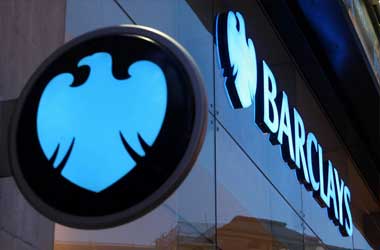 The pound sterling fell 1% last week to $1.292, against the backdrop of Brexit uncertainty, stringent lockdown initiatives, likelihood of negative interest rates and rating downgrade by Moody’s.
The pound sterling fell 1% last week to $1.292, against the backdrop of Brexit uncertainty, stringent lockdown initiatives, likelihood of negative interest rates and rating downgrade by Moody’s.
The UK Prime Minister Boris Johnson has asked the country’s enterprises to get ready for no-deal Brexit as the European Union stays firm on the plan for an unrestricted trade deal.
Both the UK and the EU have a difference of opinion on fishing rights, fair competition and corporate governance.
In the meantime, Ursula von der Leyen, the president of the EU Commission, stated that discussions would begin next week, while Johnson’s spokesman stated that trade negotiations with the EU can be considered as over in the event the bloc remains stubborn on its stance.
On Friday, Moody’s Investors Service downwardly revised the UK’s sovereign credit rating to Aa3 from Aa2, while designating a stable outlook, pointing to three reasons for the downgrade.
The first reason provided by the institution is that the country’s economic strength has softened and economic growth has slowed down than anticipated. Secondly, according to Moody’s, the UK’s fiscal strength has dwindled as government debt has been rising due to pandemic.
Finally, top institutions and overall governance has taken a hit in the last few years and acts as drivers of the previous two factors. Currently, Standard & Poor’s credit rating for the UK is AA with stable outlook. Fitch’s credit rating for the UK was earlier reported at AA- with negative outlook. DBRS’s credit rating for the UK is AAA with negative outlook.
The number of employed people in the UK declined 153,000 q-o-q to 32.59 million in the three months to August, missing economists’ forecasts for a decrease of 30,000. The figure represents the fourth consecutive decline in employment, taking the aggregate to 511,000 job losses since the Covid-19 pandemic began although the government’s furlough program under which it assists in paying wages limited additional layoffs.
Furthermore, about 192,000 people remained unemployed because of Covid-19 and did not get any salary between June and August. However, it had declined from a high of 419,000 recorded in the June-August period.
The UK unemployment rate rose 4.5% in the three months to August, from 4.1% in the earlier period and greater than market forecasts for an increase to 4.3%. The reported figure represents the highest unemployment rate since the three months to May 2017 as the Covid-19 pandemic negatively affected the labor market.
Between June and August, an assessed 1.52 million people remained jobless, an increase of 209,000 from last year and 138,000 from previous quarter.
The number of people who hare out of work on a temporary basis increased to roughly 7.30 million people between April and June, but has declined to 6.40 million people between June and August. Furthermore, roughly 192,000 people also remained jobless on a temporary basis because of Covid-19 and received no salary between June and August.




